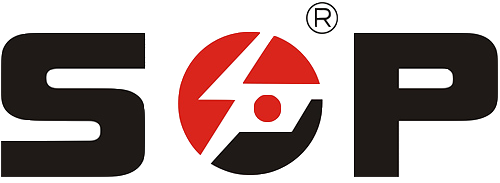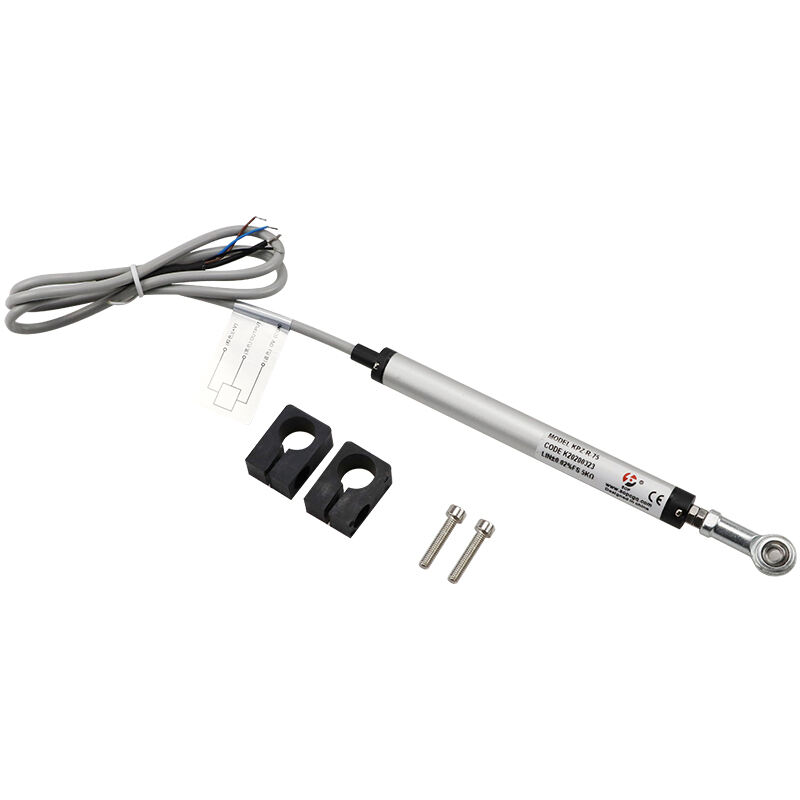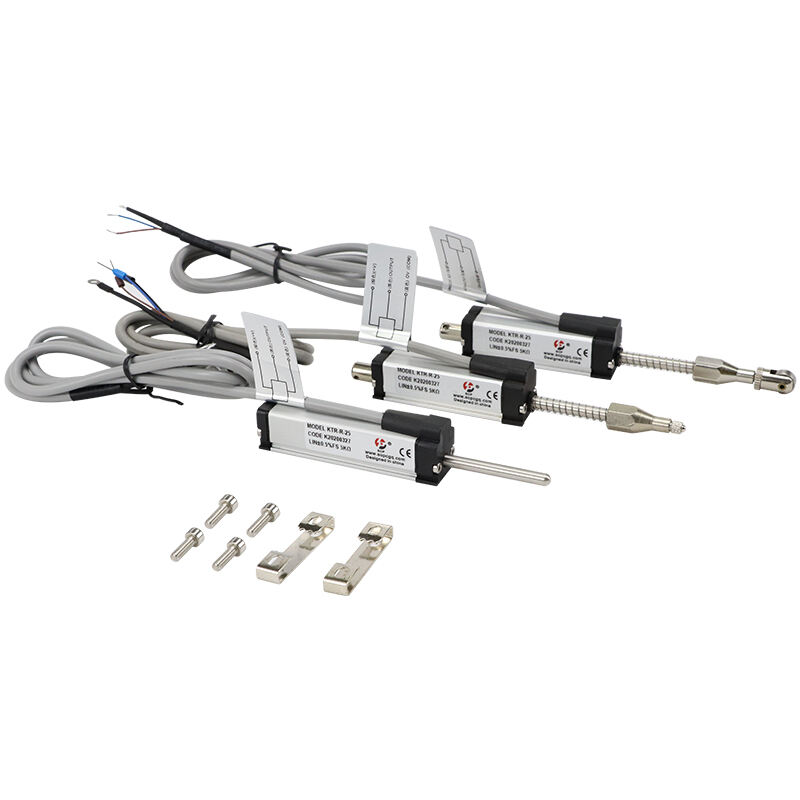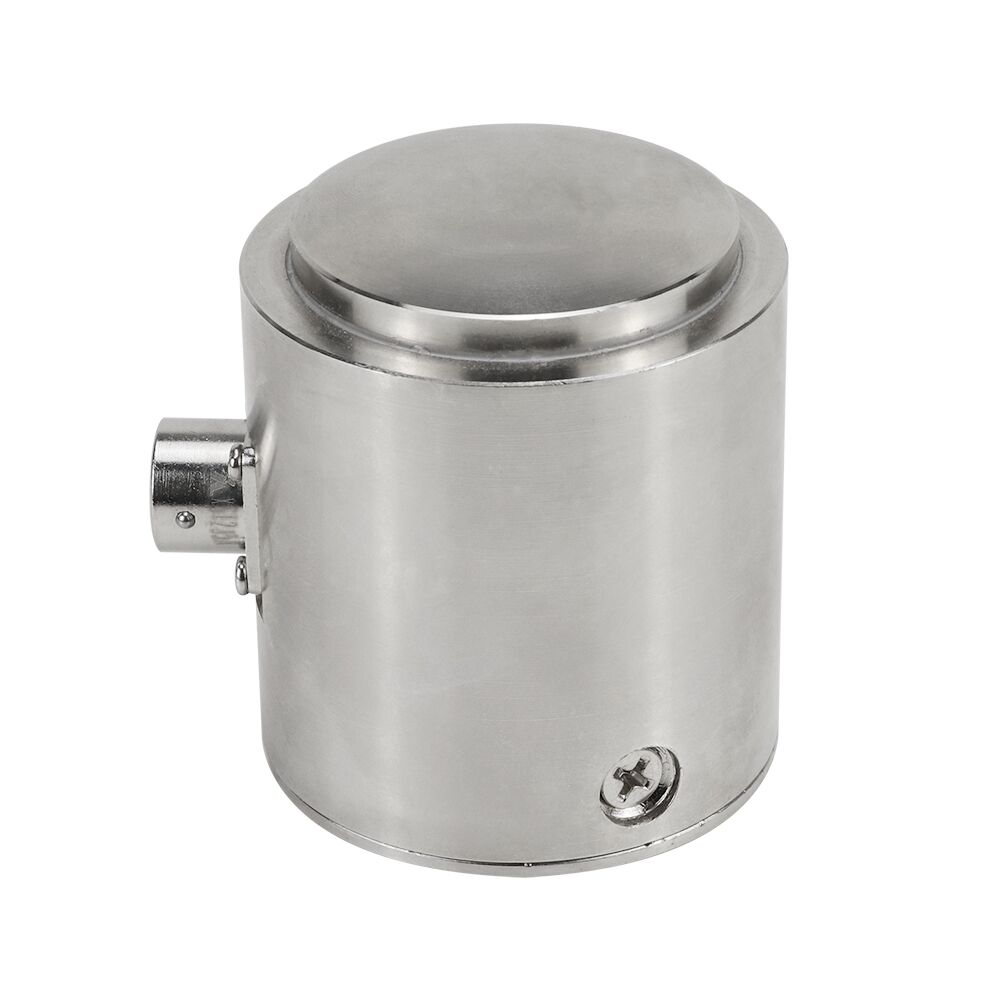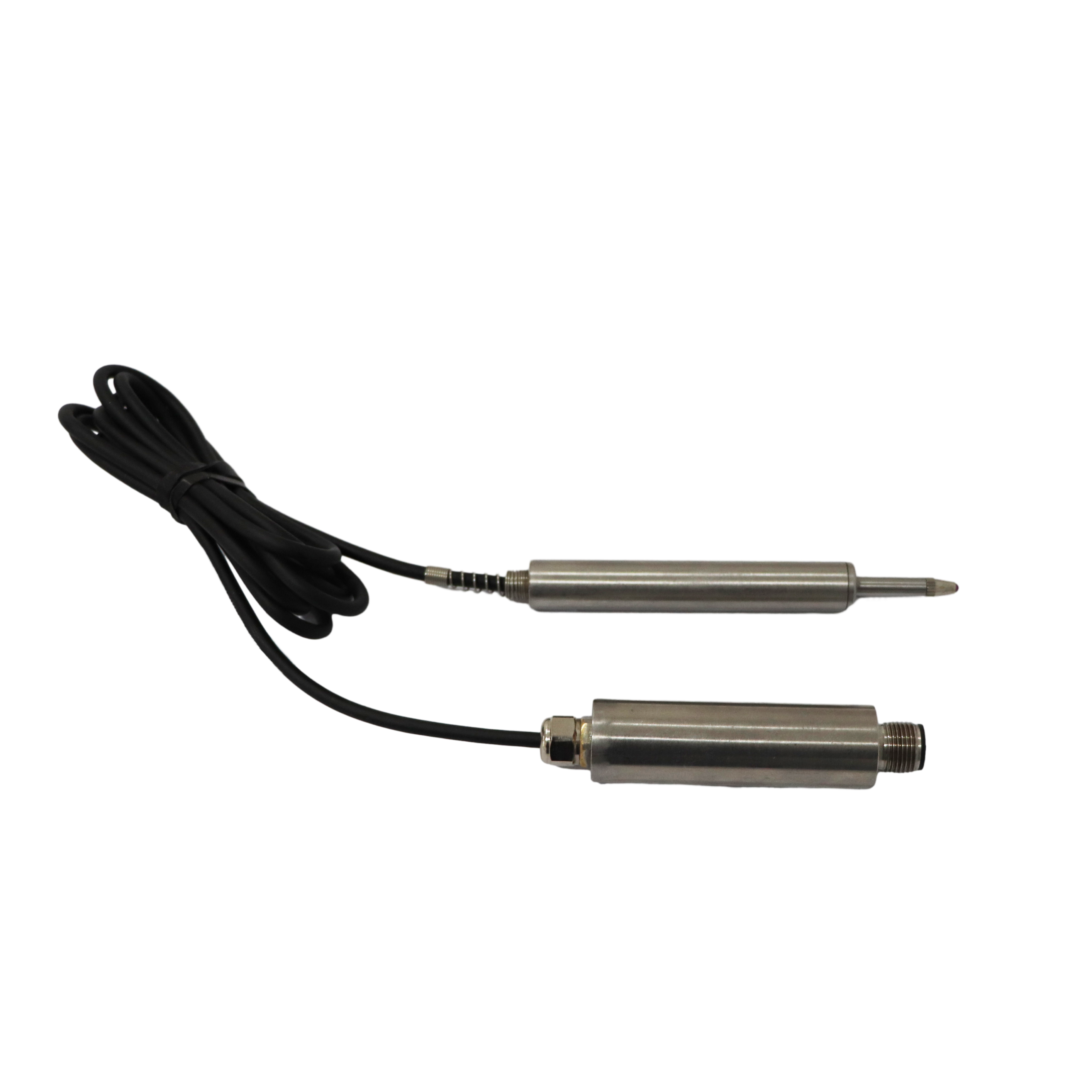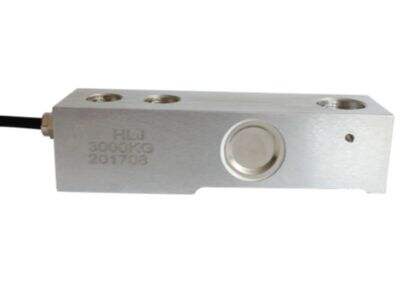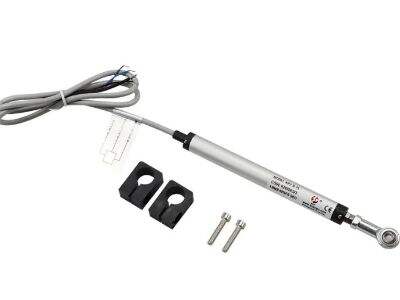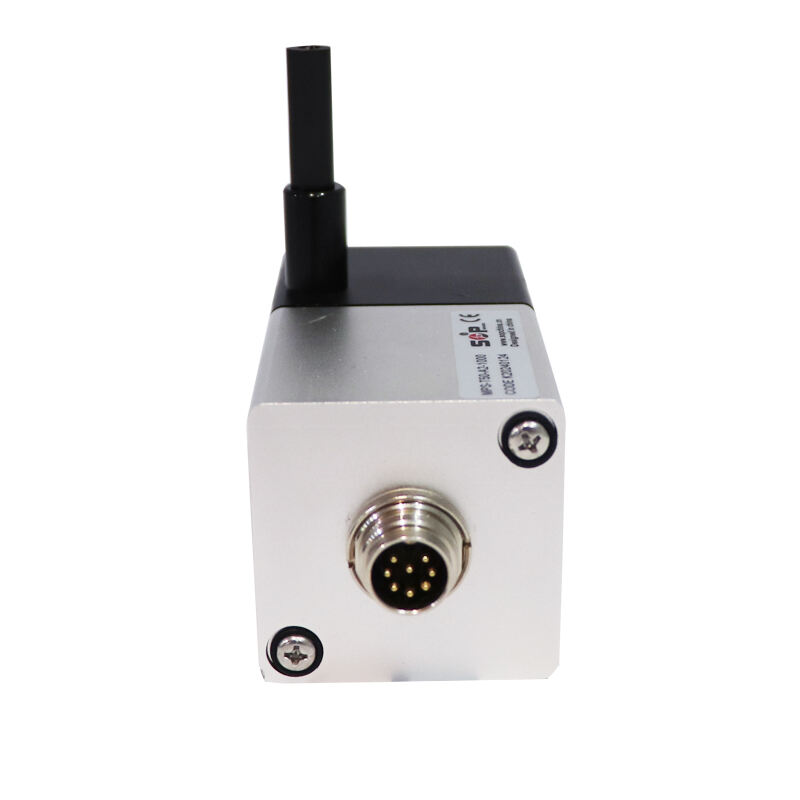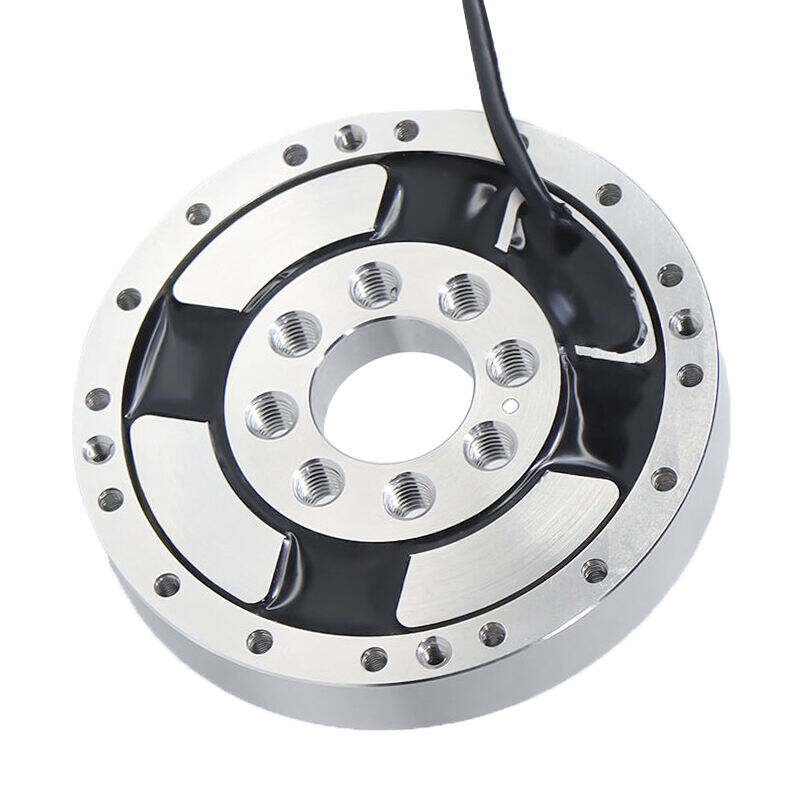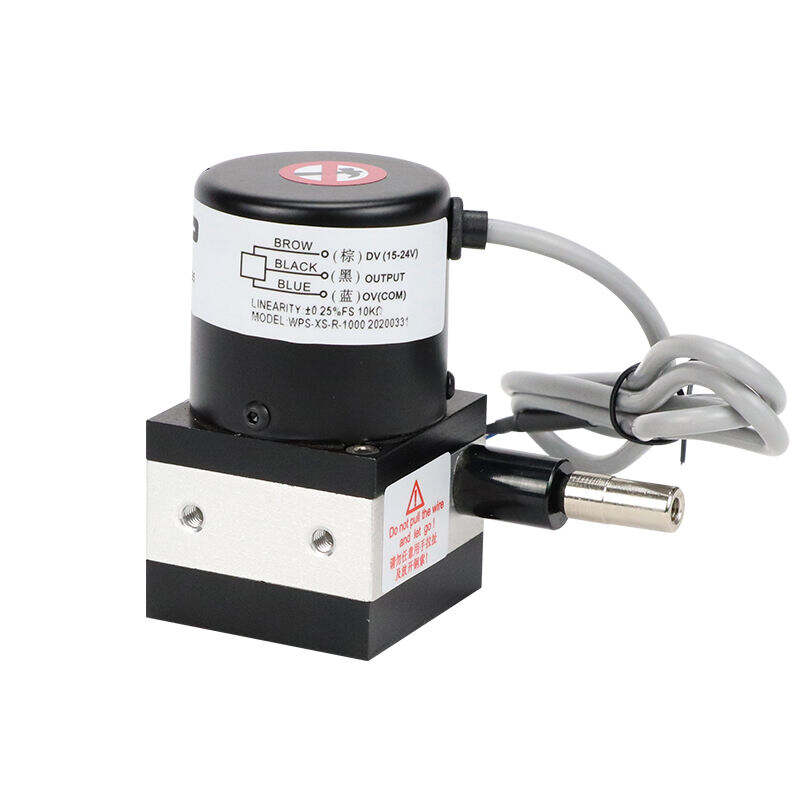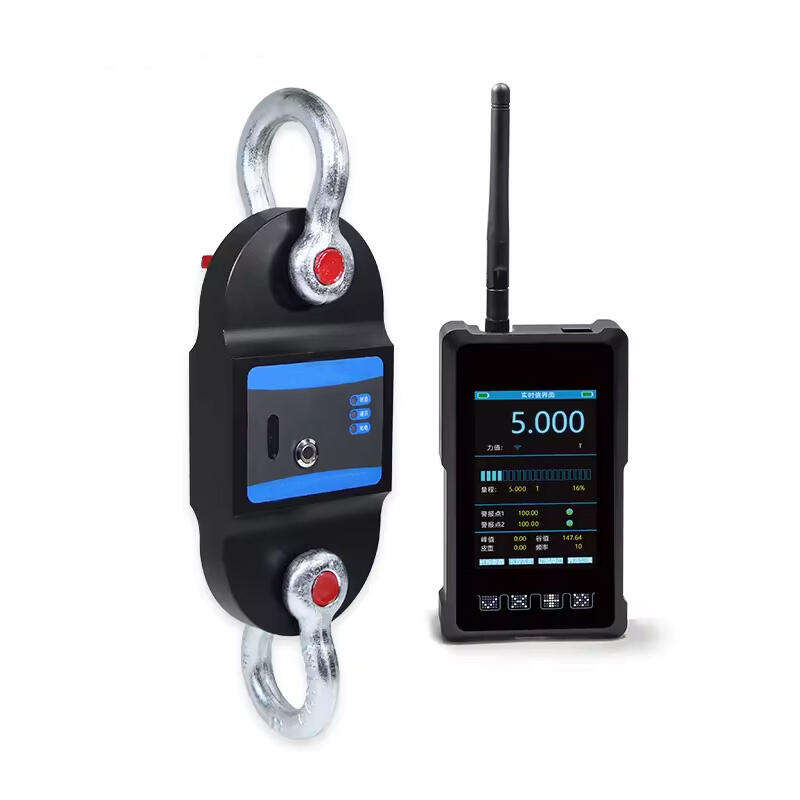weight transducer sensor
A weight transducer sensor is a sophisticated measurement device that converts mechanical force or weight into electrical signals for precise monitoring and control applications. These sensors utilize advanced strain gauge technology to detect and measure applied forces, providing accurate and reliable weight measurements in real-time. The sensor consists of a load cell with carefully positioned strain gauges that deform under applied pressure, creating measurable changes in electrical resistance proportional to the weight or force applied. Modern weight transducer sensors incorporate temperature compensation mechanisms and digital signal processing capabilities, ensuring consistent performance across varying environmental conditions. They are extensively used in industrial scales, process control systems, material handling equipment, and automated manufacturing lines. The sensors can measure weights ranging from a few grams to several tons, making them versatile for different applications. Their robust construction typically includes stainless steel housing and hermetically sealed components, providing protection against dust, moisture, and other environmental factors. Weight transducer sensors play a crucial role in quality control, inventory management, and process automation, offering high accuracy levels typically within 0.1% to 0.025% of full scale. They can be integrated with various control systems through standard industrial interfaces, enabling seamless data collection and analysis for improved operational efficiency.
